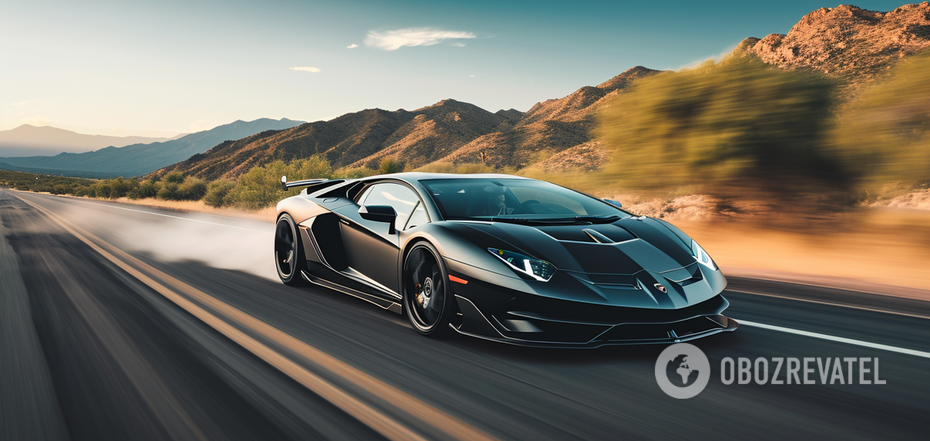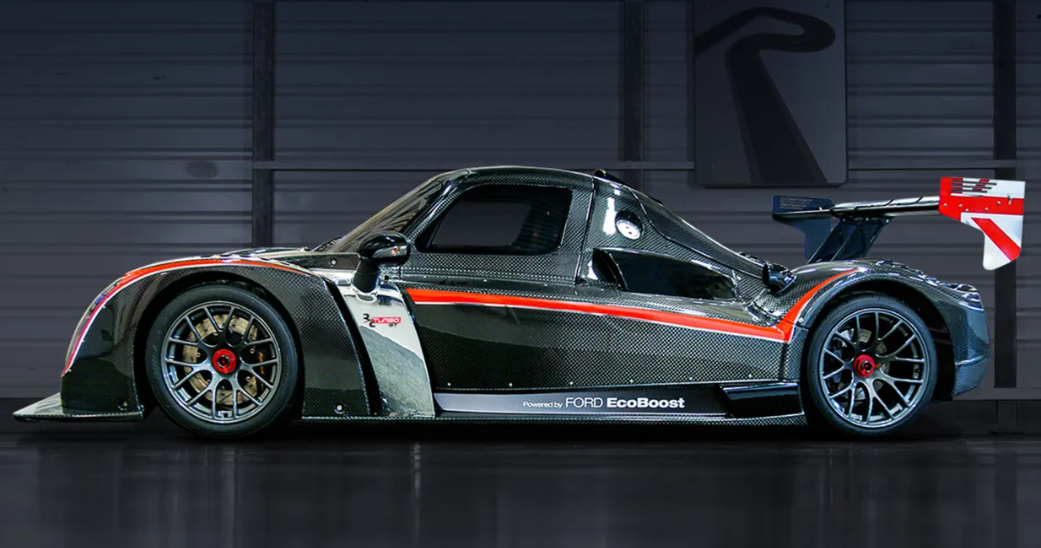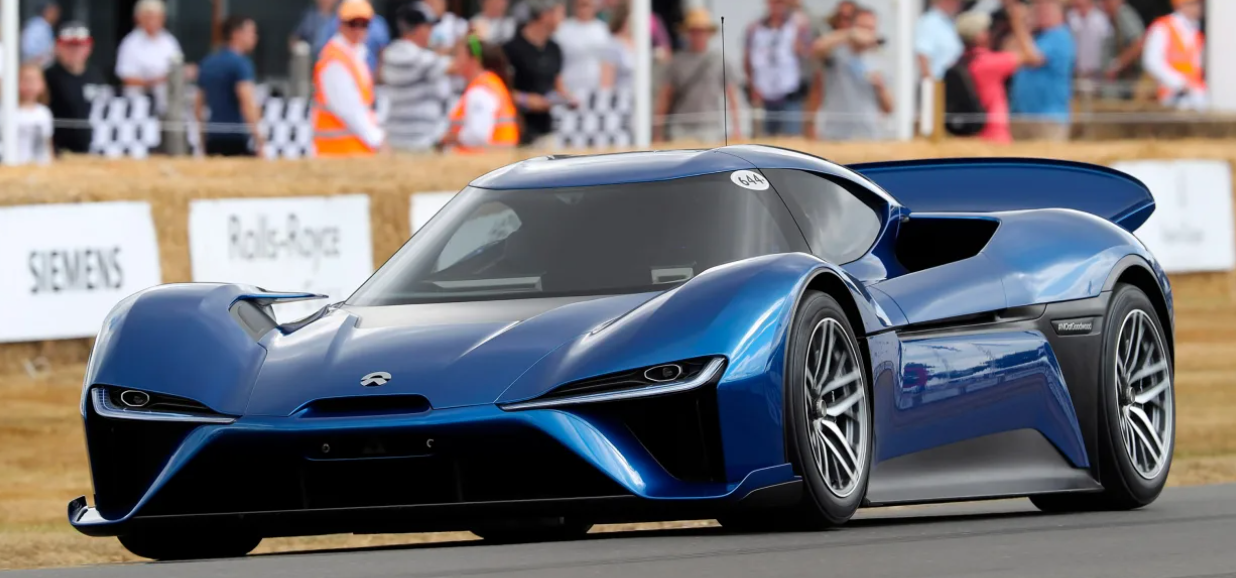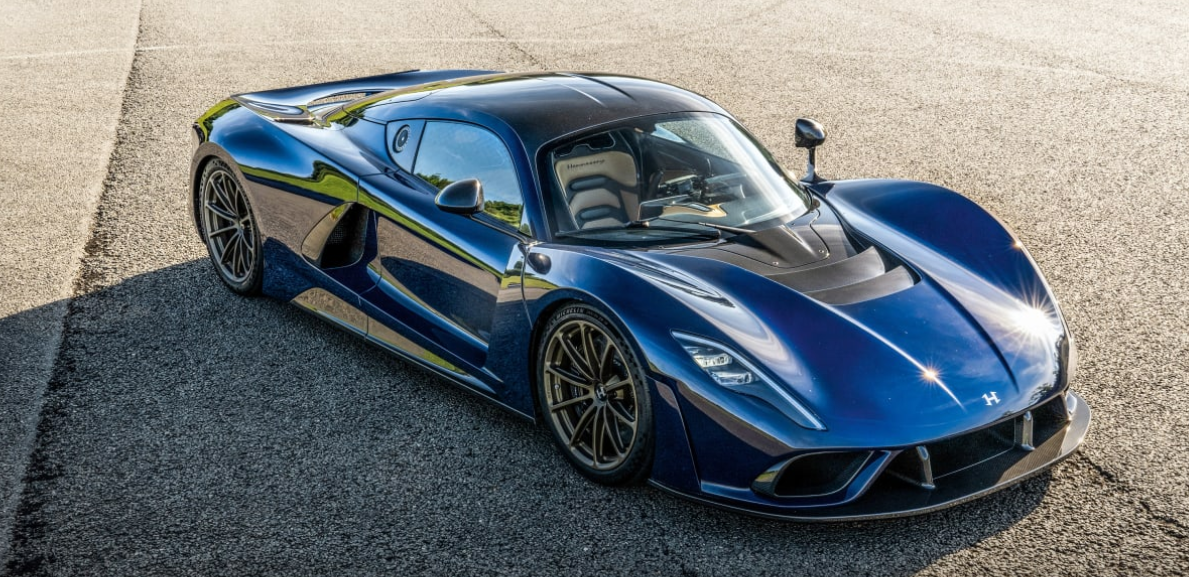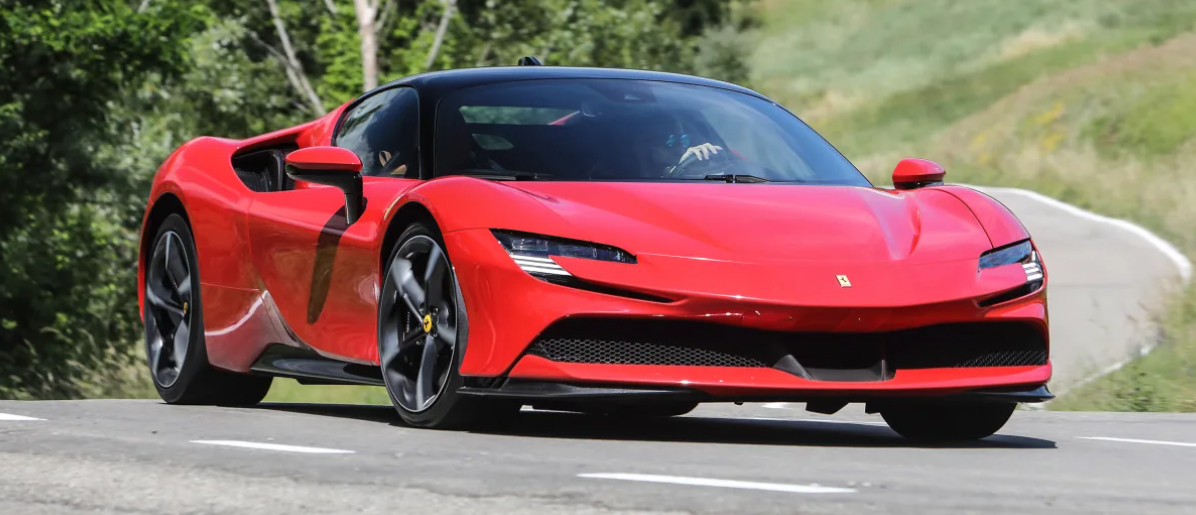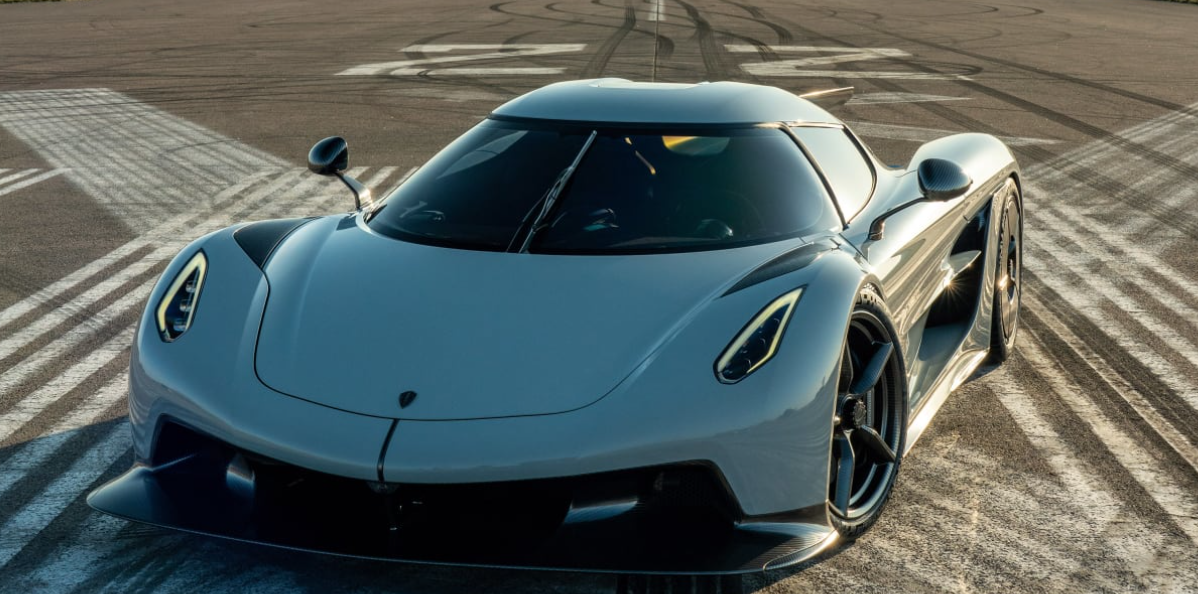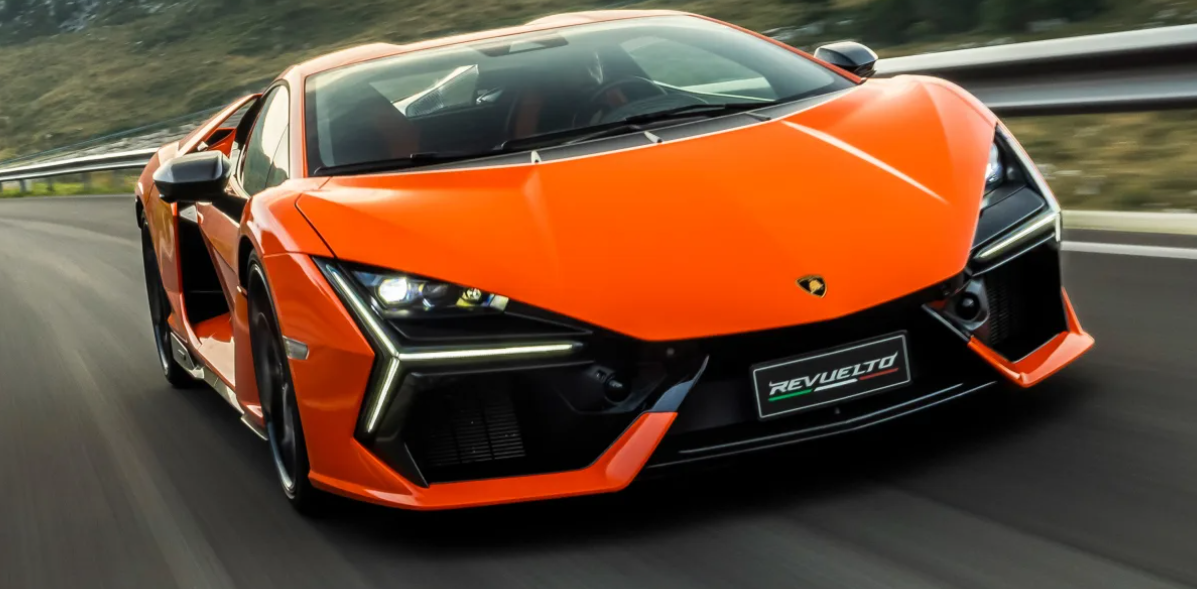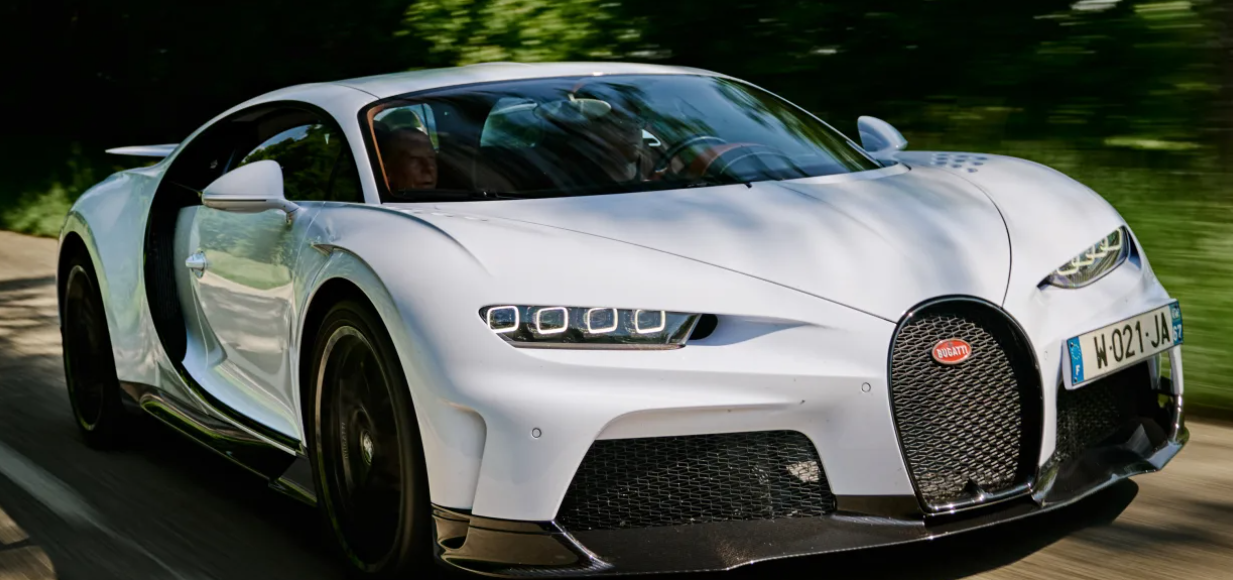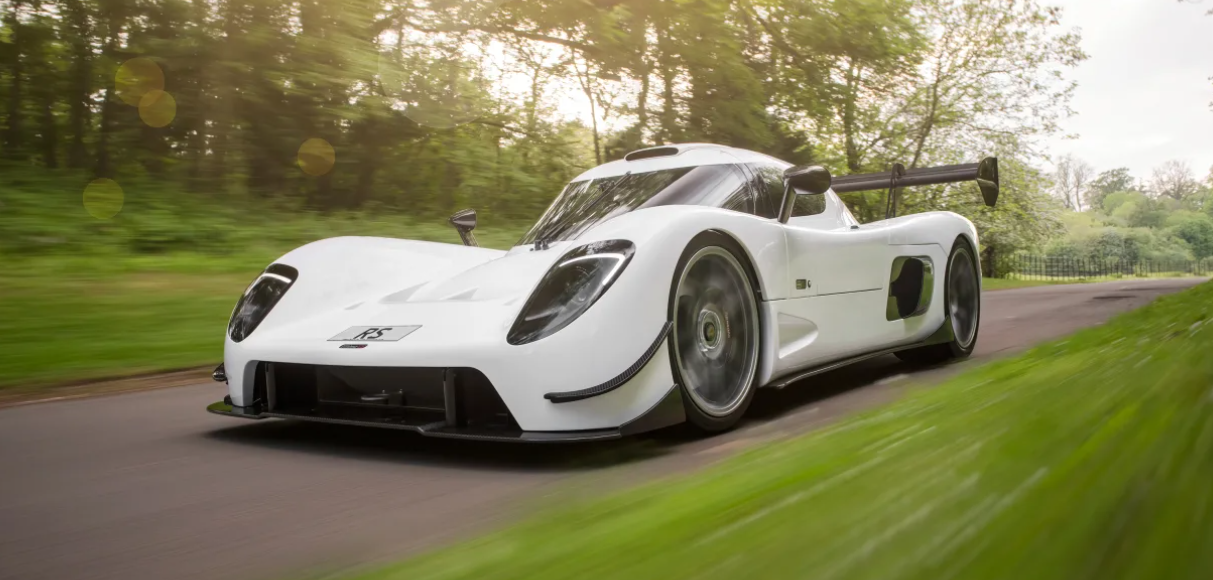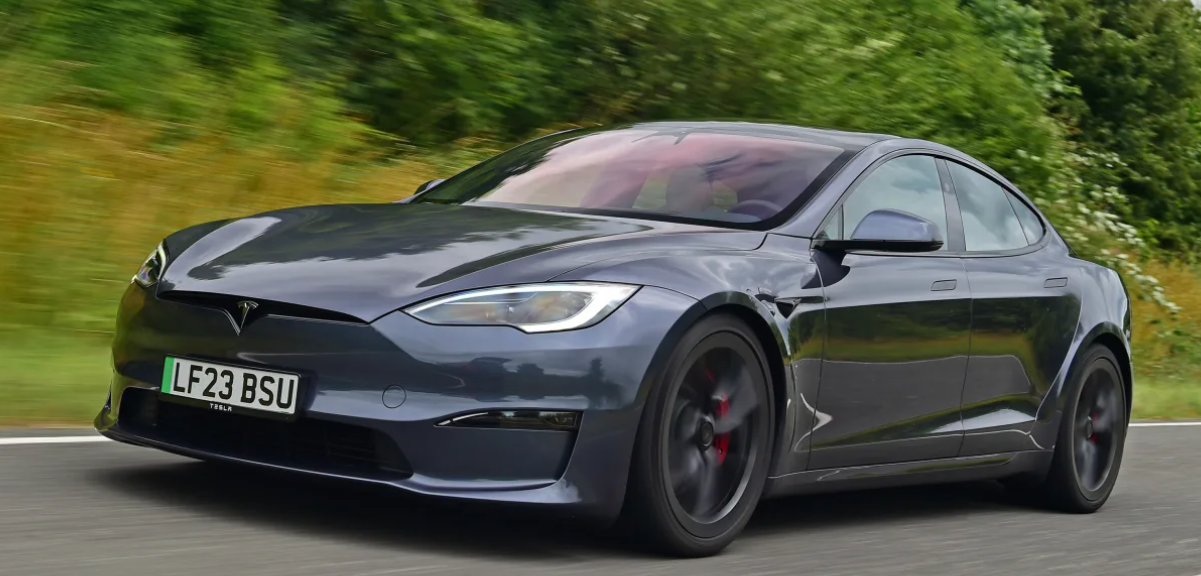News
Accelerate in seconds: the fastest cars in the world in 2024
As the automotive industry continues its transition to electric power, manufacturers are utilizing this new technology to create some of the fastest models available. Of course, road surfaces, weather conditions, and the way you drive can significantly change the promised acceleration rates.
Auto Express experts have compiled a rating of the fastest cars in the world that accelerate in seconds. The list includes a variety of models: from extremely rare electric supercars to well-known and popular brands.
Radical RXC GT – 2.7 seconds (0-100 km/h)
Radical cars are just that – radical. The RXC GT is perhaps the most extreme model based on the Radical SR9 Le Mans project. It's hard to believe that this car has a downforce of 900 kg and accelerates to 100 km in just 2.7 seconds.
Porsche 911 Turbo S (with Sport Chrono package) – 2.7 seconds (0-100 km/h)
The latest version of the 1963 legend is the 992, which was first introduced to the world in 2018. All 992s can reach 100 km in less than 4.5 seconds, but the Turbo S is currently the fastest model. Choose the Sport Chrono package and it will reach 100 km per hour in 2.7 seconds.
Nio EP9 – 2.7 seconds (0-100 km/h)
Chinese automotive brands have quickly gained a reputation for being a popular and affordable alternative to well-known brands. However, the Nio EP9 is an exception to this rule, as this 1341 hp hypercar is very expensive. Experts note: "If you're particularly brave, or crazy, you can even use the EP9 for daily driving, as Nio claims a battery range of up to 430 km."
Hennessey Venom F5 – 2.6 seconds (0-100 km/h)
The F5 is powered by a V8 engine with 1792 hp. The F5 was designed to perform on the track, and its claimed top speed of 500 km/h makes it currently the fastest car in the world.
Ferrari SF90 Stradale – 2.5 seconds (0-100 km/h)
Ferrari's first-ever plug-in hybrid is a prime example of the brilliant combination of combustion and electricity that is becoming commonplace in today's hypercar world. The SF90 is a strong counter-argument, as it accelerates from 0 to 100 km/h 0.4 seconds faster than the 812 Superfast, even though it has 4 fewer cylinders.
Koenigsegg Jesko – 2.5 seconds (0-100 km/h)
The Koenigsegg Jesko marked the beginning of a new era for the Swedish manufacturer. The rear-wheel-drive Jesko, powered by a powerful 1600 hp twin-turbocharged V8 engine, is simply unable to get more acceleration from its two drive wheels.
Lamborghini Revuelto – 2.5 seconds (0-100 km/h)
The Revuelto is a high-quality hybrid supercar. The car has a 6.5-liter V12 engine. As you might expect, this combination is a truly explosive combination with a combined output of 1001 hp. In other words, it is the most powerful Lamborghini ever built.
Bugatti Chiron Super Sport – 2.4 seconds (0-100 km/h)
To fend off the onslaught of rivals with all-electric hypercars, Bugatti offers an 8.0-liter W12 engine, and the Chiron Super Sport is the fastest version of all. This is a development of the 300+ model, which breaks the record, reaching 490 km per hour, and has a staggering 1578 hp.
Ultima RS LT5 – 2.3 seconds (0-100 km/h)
Ultima cars are powered by a Chevrolet LS V8 engine, and the LT5 engine is tuned for a whopping 1200 hp in a car that weighs just 930 kg. In addition, the Evolution Coupe is what the brand calls "the most complex model ever". Revisions to the suspension and chassis, a composite body and 1020 hp make for a very high quality and reliable car from Ultima.
Tesla Model S Plaid – 1.98 seconds (0-100 km/h)
The amazing performance obtained with 1006 hp requires the Plaid to condition the battery and engine temperature for a few good minutes before launch. However, even without these measures, Plaid is rumored to accelerate to 100 km in less than 2.3 seconds, rivaling supercars with internal combustion engines.
Subscribe to OBOZ.UA's Telegram and Viber channels to keep up with the latest events.


